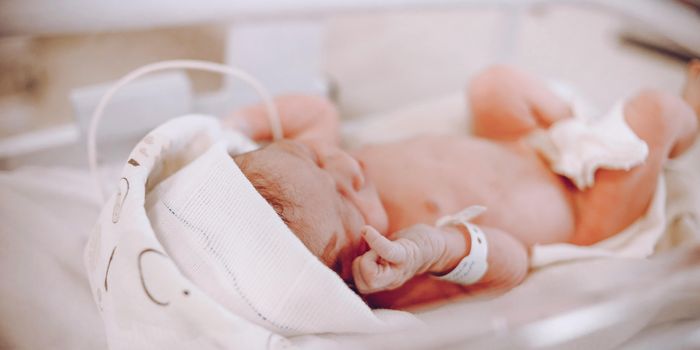Starting School Later is Better for Sleep-Deprived Teens
Getting enough sleep is an essential component to staying healthy. It’s even more important for teenagers, since they are still growing, physically and intellectually. Most adolescents do not get enough sleep, and that can impact their grades, behavior and emotional development. Research from scientists at Penn State has recently shown that adjusting the start time of the school day could help teens get the rest they need.
Lead author of the research, Orfeu Buxton is an associate professor of bio-behavioral health at Penn State. He explained that his study of urban teenagers suggested that starting school after 8:30 a.m. would be an excellent way to ensure that teens are sleeping for at least the minimum recommended hours each night. He explained, “Teens starting school at 8:30 a.m. or later were the only ones with an average time in bed permitting eight hours of sleep, the minimum recommended by expert consensus. Later school start times were associated with later wake times in our large, diverse sample." The study was published in Sleep Health, the journal of the National Sleep Foundation in an issue devoted entirely to research concerning school start times.
When teens attended schools that had start times between 7:00 and 7:29 a.m. their time in bed was 46 minutes less, on average than those who started school at 8:30 a.m. or later. Students who attend a school that starts after 8:30 a.m. can get anywhere from 27 to 57 minutes of extra morning sleep compared to teens who had to be at school earlier.
The study looked at hard data as opposed to hypothetical situations. There is an assumption that if school starts later in the morning, teens will just stay up longer at night, negating any extra rest. Buxton addressed that issue stating, "The presumption is if you let kids start school later they will simply go to sleep later and still not get enough sleep. But that's a hypothetical scenario. There wasn't data to back that up." Buxton acknowledged the theory that it’s possible that kids who know they have earlier wake times, lose sleep anticipating the difficulty of rising at an early hour.
Adolescents who had earlier start times did go to bed earlier than those who had later start times; however, the study found that the teens were still not getting enough sleep. The only group that got what experts consider an adequate amount of sleep were the kids who had a school first bell at 8:30 a.m. or later. “Sleep debt” was another factor in the research. When teens have to wake up early on school days, they tend to sleep in much later on days when school is not in session to make up for it. The problem with that is that sleep patterns become irregular and the normal circadian rhythm is disrupted, leading to more issues with sleep.
The study included over four hundred teens. They completed an online diary each night, after 7 p.m. The teens tracked sleep and wake times seven days a week, during the school year and over summer vacation. To keep the data consistent, the school year was considered September through May and summer vacation was defined as June through August. The researchers looked at school start times and aligned that data with the reported hours of sleep and wake times to come to their conclusions. The team also used some data from the Fragile Families and Child Wellbeing Study, a cohort study that is following children born between 1998 and 2000 is 20 different cities in the United States. The video included below has more details about the survey, check it out.
Sources: Penn State, Journal Sleep Health via ScienceDirect, Sleep Foundation









